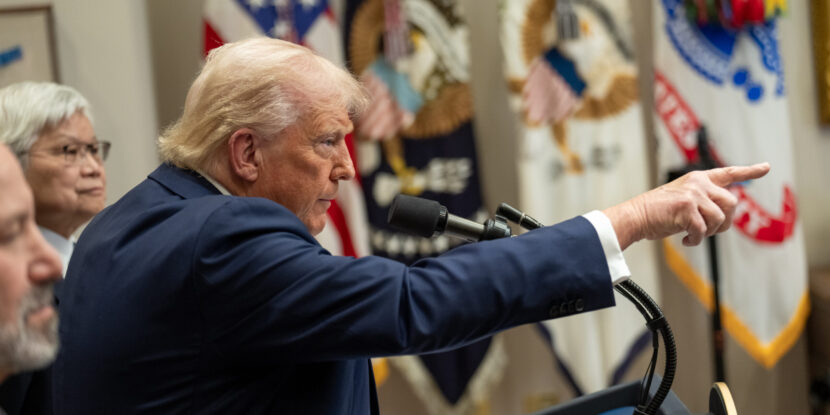Despite the American public’s broad agreement on Congress’s worthlessness, investors have found that lawmakers magically excel at one task: picking stocks. This has led to a rise in financial products that aim to replicate the trades made by Congressmen.
Traders and market analysts monitor publicly available data to track lawmakers’ stock market gains. The STOCK Act, enacted to curtail questionable congressional trading, requires lawmakers to disclose transactions over $1,000.
The CEO of Unusual Whales, a financial technology startup, began analyzing these trades about five years ago, finding that academic literature underestimated Congress’s trading edge. He documented roughly $100 million in trades made by about 15 senators and 40 House members from February to April 2020.
“I think KRUZ has outperformed the market over the last three months, both on an average and a risk-return basis, as NANC has done it since inception,” he said of two exchange-traded funds, based on trades by Republicans and Democrat former House Speaker Nancy Pelosi, respectively.
PELOSI WATCHERS.
In 2023, Pelosi, a political science graduate with no background in business or economics to speak off, made a 65 percent return on her stock portfolio, beating S&P by 92 percent.
The STOCK Act imposes fairly weak disincentives on Congressman, requiring them to disclose trades within 30 to 45 days but setting non-compliance fines at just $200. Pelosi’s net worth is estimated at around $120 million, making such a penalty trivial.
Investors copying the trades of Pelosi and other companies creates something of a vicious cycle, with “investors profiting off [political] trades, which also incentivizes the members of Congress to continue to make the trades because they, in fact, profit when other people invest,” says Campaign Legal Center lawyer Kedric Payne.




















